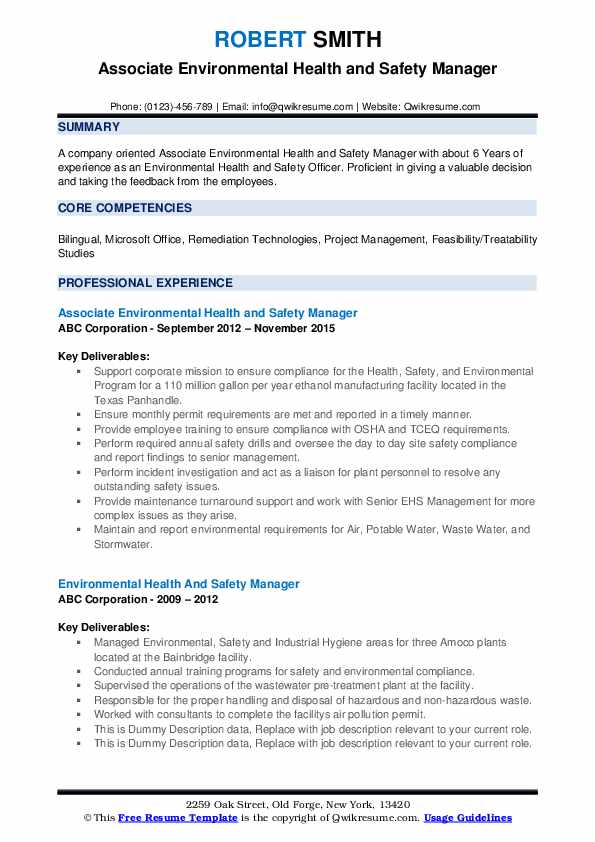
A fiduciary can be defined as someone who acts in another person's best interests. It is an individual who has a duty of care for another person's best interests, no matter if they are a client or competitor. There are many ways a fiduciary might protect the interests others. Some of these ways include investing in a diversified portfolio and avoiding conflicts of interest.
Investing in a diversified portfolio
Diversifying an investment portfolio can reduce the chance of market losses. It is crucial that you diversify within different industries in order to decrease your exposure. You are exposed to both the risks of individual stocks and the entire market when you invest in them. It is important to diversify your portfolio and invest in several stocks.
First, determine your investment goals and risk tolerance in order to create a diversified portfolio. This way, you will know what type of investments are best suited to meet those goals. You also need to consider your financial situation, as well. If you plan to retire at the age of sixty-five, stocks should be your primary investment. A well-diversified portfolio should consist of a mix of growth stocks, value stocks, and dividend stocks.

Diversified portfolios can lower the uncompensated investment risk. A diversified portfolio allows fiduciaries to reduce the uncompensated risk and increase the compensated. This helps to reduce portfolio volatility and reduce the financial harm that uncompensated risk can cause.
Making an investment policy statement
An Investment Policy Statement is one of the most important fiduciary responsibilities. It provides a framework for portfolio construction and ongoing management efforts, and keeps clients focused on their stated goals. It should be easily understood by both the client and financial advisor. It should contain useful information that both can refer to as needed.
An IPS should reflect the organization's mission and values. It should set clear goals and provide guidelines for risk-taking. It provides the foundation for an organization’s overall governance structure. It should outline the roles of the board of director, committees relevant, and other outside parties. The IPS should also reflect best practices for nonprofit governance.
A well-written statement of investment policy usually includes the following sections. A well-designed IPS also explains how portfolios are managed and how results are reported. It should be understood and agreed on by the client as well as the advisor.

Avoiding conflict of interest
Fiduciaries must avoid conflicts of interests. Conflicts can be difficult to disclose and communicate adequately to retail investors, but they must be disclosed and understood. Firms need to review their business models and client relationships in order to determine the potential risk of conflicting interest and develop strategies to reduce them.
It is vital to disclose any conflict of interest and get consent if there is one. In all cases, it is advisable to err on the side of caution. Investment advisers are required to adhere strictly to fiduciary standards under the Investment Advisers Act. Rule 204A-1 requires that investment advisors adhere to strict fiduciary standards, monitor employees and avoid conflicts. While it may seem like a straightforward requirement, failing to disclose conflicts or interest could result in disciplinary action.
Another potential problem is when a fiduciary also serves as a beneficiary. This can cause problems because beneficiaries can challenge the impartiality or integrity of the fiduciary. This could result either in civil liability or the termination of the position.
FAQ
What industries use consultants
There are many types of consultants. Some focus on one particular type of business while others specialize in more than one area.
While some consultants only work for private companies, others represent large corporations.
Some consultants are available to help businesses around the world.
What qualifications do you need to be a consultant?
It doesn't suffice to hold an MBA. You also need to be able and willing to work as a business advisor. Two years experience should be gained in consulting or training for a major corporation.
Your experience in strategy development projects requires that you work closely with senior managers. This would require you to be comfortable with presenting ideas and getting buy in from clients.
A professional qualification exam, such as the Certified Management Consultant (CMC), of the Chartered Management Institute (CMI), is also required.
What can I expect of my consultant?
Once you select your consultant, you should expect to hear back from them within a few days. They will ask you for information about your business, including the mission, goals, products, and budget. They will then send you a proposal that outlines the scope of work and estimates timeframe, fees, deliverables, milestones and other details.
If all goes well, the parties will then negotiate a written agreement. The terms of the contract will depend on the type of relationship between the two parties (e.g., employer-employee, employer-independent contractor).
If everything goes well, the consultant should start work immediately. You will have access both to your documents and internal resources and the consultant's skills and knowledge.
But don't assume that anyone who is a consultant has all the answers. It takes practice and hard work to become an expert in the field you are consulting. So, don't expect your consultant to know everything about your business.
How can I become an expert consultant?
Finding a passion area is the first step. First, build relationships. It is important to understand the needs of clients and their business. Finally, you must deliver results.
While you don’t necessarily have to excel at every task, you should be better than all the rest. You must also have passion for your work. It doesn't suffice to say, "I will be a consultant." You must really believe in yourself and what you're doing.
How long does a consultant take?
The length of time required varies depending on your background and industry. Most people start out with a few months before they find work.
However, consultants can spend many years learning before they are able to find work.
Statistics
- On average, your program increases the sales team's performance by 33%. (consultingsuccess.com)
- 67% of consultants start their consulting businesses after quitting their jobs, while 33% start while they're still at their jobs. (consultingsuccess.com)
- So, if you help your clients increase their sales by 33%, then use a word like “revolution” instead of “increase.” (consultingsuccess.com)
- According to statistics from the ONS, the UK has around 300,000 consultants, of which around 63,000 professionals work as management consultants. (consultancy.uk)
- WHY choose me: Why your ideal client should choose you (ex: 10 years of experience and 6-week program has helped over 20 clients boost their sales by an average of 33% in 6 months). (consultingsuccess.com)
External Links
How To
How to Find the Best Consultant
The first thing to do when looking for a new consultant is to ask yourself what you want from him/her. Before you begin looking for a consultant, it is important to know what your expectations are. A list of what you expect from a consultant is helpful. This could include: professional expertise and technical skills, project management capabilities, communication skills, availability, etc. After you have outlined your requirements, you might want to ask friends and colleagues for recommendations. Ask them what their experience with consultants was like and how they compare to yours. You can also do some online research if you don't know of any. You will find many websites such as LinkedIn, Facebook Angie's List, Indeed and Indeed where people can leave reviews about their past work experiences. Look at the ratings and comments left by others and use this data as a starting point for finding potential candidates. Once you have a shortlist, be sure to contact potential candidates directly to schedule an interview. In the interview, discuss your needs and ask them for their suggestions on how you can achieve them. It doesn’t matter who recommended them to you, just make sure they understand what you are trying to achieve and how they can help.